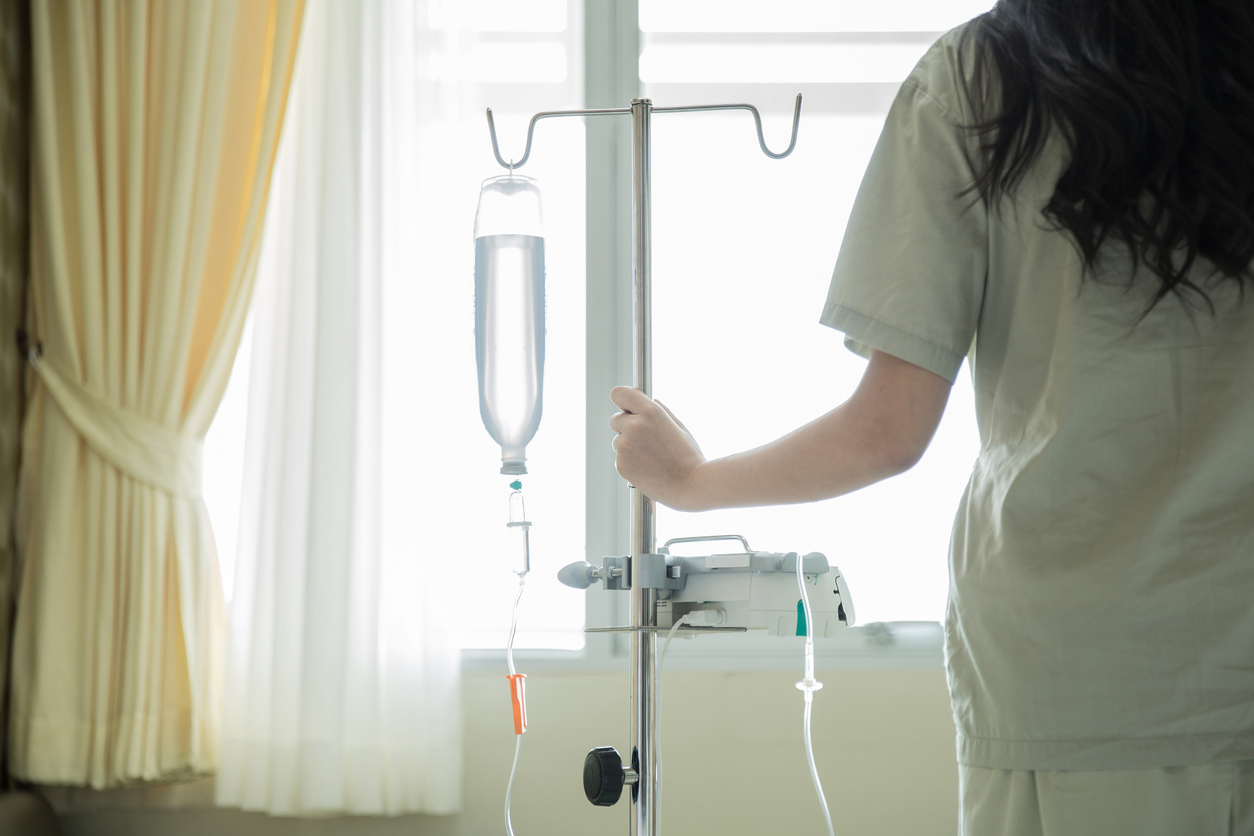Chemotherapy is a cancer treatment that uses a drug or combination of drugs, some of which can make you feel sick. Not all chemotherapy drugs have the same side-effects.
At Breast Institute Austin, Dr. Miltenberg customizes all chemotherapy treatments to provide the safest and most effective care. Chemotherapy in Austin with Dr. Miltenberg is a great option if you want to treat yourself kindly.
The most common reaction to chemotherapy treatment is nausea and vomiting. Your likelihood of experiencing these symptoms depends on many factors.
How long the symptoms last depend on the specific type of reaction you are having. Read on to find out about the different ways your body can react to chemotherapy.
Will I Experience Nausea and Vomiting after Chemo?
The type of chemo drugs that are used is not the only factor influencing whether you will experience nausea and vomiting after chemotherapy in Austin. If you are given a higher dose, for instance, you are more likely to experience these symptoms.
In addition, how the drugs are given can affect the symptoms you experience afterward. When they are given intravenously (by IV,) they are absorbed much faster and therefore may be more likely to cause nausea and vomiting sooner than if administered by mouth (via a pill.)
Also, if doses are given too close together, you will have less time to recover. Experience repeat symptoms close together will make it seem like your symptoms are lasting longer.
If the tumors are in the brain, you may experience worse symptoms.
In the end, it may all come down to your individual response to the different types of chemo and the various dosages. Each person may find they have a personal reaction to treatment that is unique to them.
Personal Risk Factors
There are a few factors which can make you more likely to experience the symptoms of nausea and vomiting after chemotherapy in Austin. They include:
“Being female
Being younger than 50
Having had morning sickness during pregnancy
Being very anxious or nervous
Having ever had motion sickness
Being prone to vomiting when you are sick
Having been a non-drinker or light drinker (of alcohol)
Having had chemo in the past
[cancer.org]”
How Long Will My Symptoms Last?
The onset of your symptoms and how long they last depend on the type of chemo-related nausea and vomiting you are experiencing.
Types of Chemo-Related Nausea and Vomiting
Acute
Acute nausea and vomiting will happen a few minutes to a few hours after the treatment is administered. It will normally go away within 24 hours. The worst part of it is usually around five to six hours after treatment.
Delayed
Delayed nausea and vomiting start between one and seven days after treatment. It is usually caused by certain types of chemo, so be sure to find out about it from your doctor before you start treatment.
Anticipatory
Anticipatory nausea and vomiting are a “conditioned response. It appears to be the result of previous experiences with chemo that led to nausea and vomiting, in which the brain pairs the sights, sounds, and smells of the treatment area with vomiting [cancer.org.]” With anticipatory nausea and vomiting, you will become nauseated and perhaps vomit before treatment even begins. However, only 1 in 3 people experience this type of nausea and 1 in 10 vomit before treatment.
Breakthrough
Breakthrough nausea and vomiting occurs even after anti-reactionary medications have been given to try to prevent the symptoms from occurring. In the case of breakthrough nausea or vomiting, doctors will try more or different medicines to keep your symptoms under control.
Refractory
Refractory vomiting is when medications given to control vomiting do not work. “Refractory” means the vomiting “does not respond” to treatment. As with breakthrough vomiting, your doctor may try more or different medicines to get the problem in check. Refractory vomiting may happen after few or many treatments of chemotherapy in Austin.
Chemotherapy in Austin
At Breast Institute Austin, breast cancer specialist Darlene M. Miltenberg, MD has treated thousands of patients with breast cancer and other disorders of the breast. Dr. Miltenburg customizes all specialized chemotherapy and radiation treatments so you get the most effective care with the least side effects. For comprehensive breast cancer treatment including chemotherapy in Austin, contact Breast Institute Austin today.

